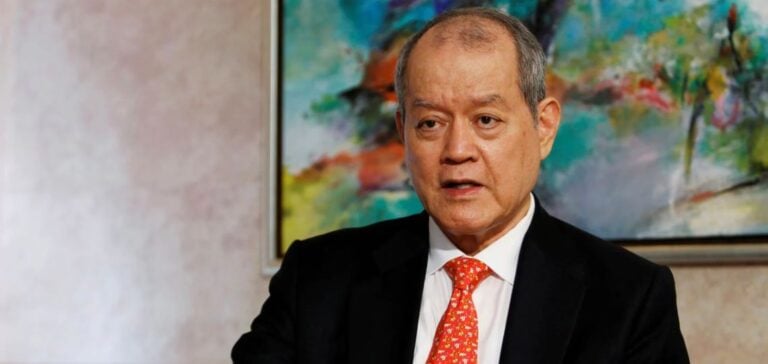Singapore’s justice system delivered its verdict on Monday in a historic financial fraud case involving Lim Oon Kuin, also known as O.K. Lim. The former founder of Hin Leong Trading, one of Asia’s largest oil trading firms, was sentenced to 17 and a half years in prison for orchestrating a $100 million scam against HSBC.
The 82-year-old businessman was found guilty in May 2024 on three charges, including document falsification and deceit to secure fraudulent financing. Prosecutors had initially sought a 20-year sentence, describing the case as “one of the most serious financial frauds ever prosecuted in Singapore.” Despite his advanced age and health concerns raised by the defense, the court ruled that the prison system is equipped to manage his medical needs.
An Oil Empire in Decline
Once a pillar of Asian oil trading, Hin Leong Trading saw its reputation collapse in 2020 amidst the COVID-19 pandemic and global oil market upheavals. The company’s downfall exposed dubious financial practices, including the concealment of $800 million in losses and debts nearing $4 billion.
In a 2020 sworn statement, O.K. Lim admitted that Hin Leong Trading had not generated profits for several years, contrary to the financial statements published in 2019. Prosecutors revealed that Lim had instructed the concealment of these losses, exacerbating the company’s financial distress and misleading creditors.
A Sophisticated Fraud and Its Repercussions
The charges against O.K. Lim focused primarily on fictitious oil sale contracts created to fraudulently obtain funds from HSBC. These entirely fabricated transactions allowed the former tycoon to secure nearly $112 million from the bank. The court described these fraudulent activities as having “seriously tarnished” Singapore’s reputation as a key hub for Asian oil trading.
Although Lim pleaded guilty to certain charges, he remains free on bail pending the review of his appeal by the High Court. This sentencing sends a strong message from Singapore’s justice system in its fight against financial crimes, reaffirming its commitment to preserving the integrity of its financial and commercial sectors.





















